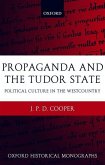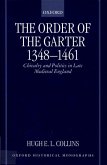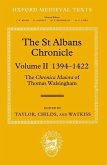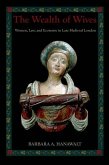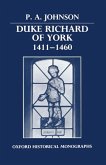This book offers a dramatic revision to the historical understanding of the events surrounding the fall of Richard II and the establishment of the Lancastrian regime. Rather than halting at 1399, it charts the shifting balance of power between crown and nobility until the death of Henry IV in 1413. This is a first major work ever to analyze the financial element of land forfeitures for treason. It concludes that Richard II experienced only limited success in profiting from the destruction of his enemies. This work is also the first for more than thirty years to chart the political resistance to Henry IV, and assess the reasons for his avoiding the fate of his predecessor. It draws the radically new conclusions that Henry IV recognized the practical limitations of his power as a usurper, and, in coming to a modus vivendi with his many enemies, traded actual security for a diminution in the Crown's authority to command the obedience of its subjects.
Using hitherto neglected sources, this work offers a dramatic reinterpretation of the Lancastrian revolution, and the establishment of Henry IV's kingship. It is also the first work for thirty years to re-examine the reigns of Richard II and Henry IV together, charting the shifting balance of power between the crown and the nobility across the turn of the fifteenth century.
Hinweis: Dieser Artikel kann nur an eine deutsche Lieferadresse ausgeliefert werden.
Using hitherto neglected sources, this work offers a dramatic reinterpretation of the Lancastrian revolution, and the establishment of Henry IV's kingship. It is also the first work for thirty years to re-examine the reigns of Richard II and Henry IV together, charting the shifting balance of power between the crown and the nobility across the turn of the fifteenth century.
Hinweis: Dieser Artikel kann nur an eine deutsche Lieferadresse ausgeliefert werden.


